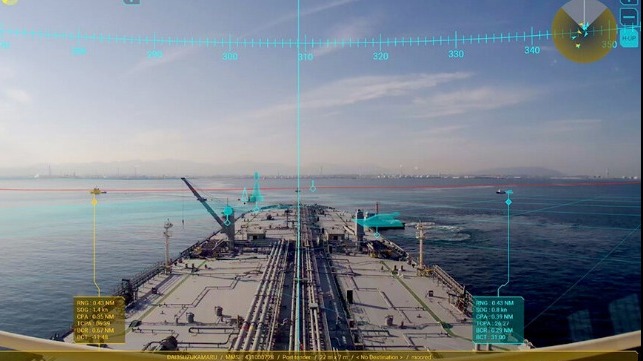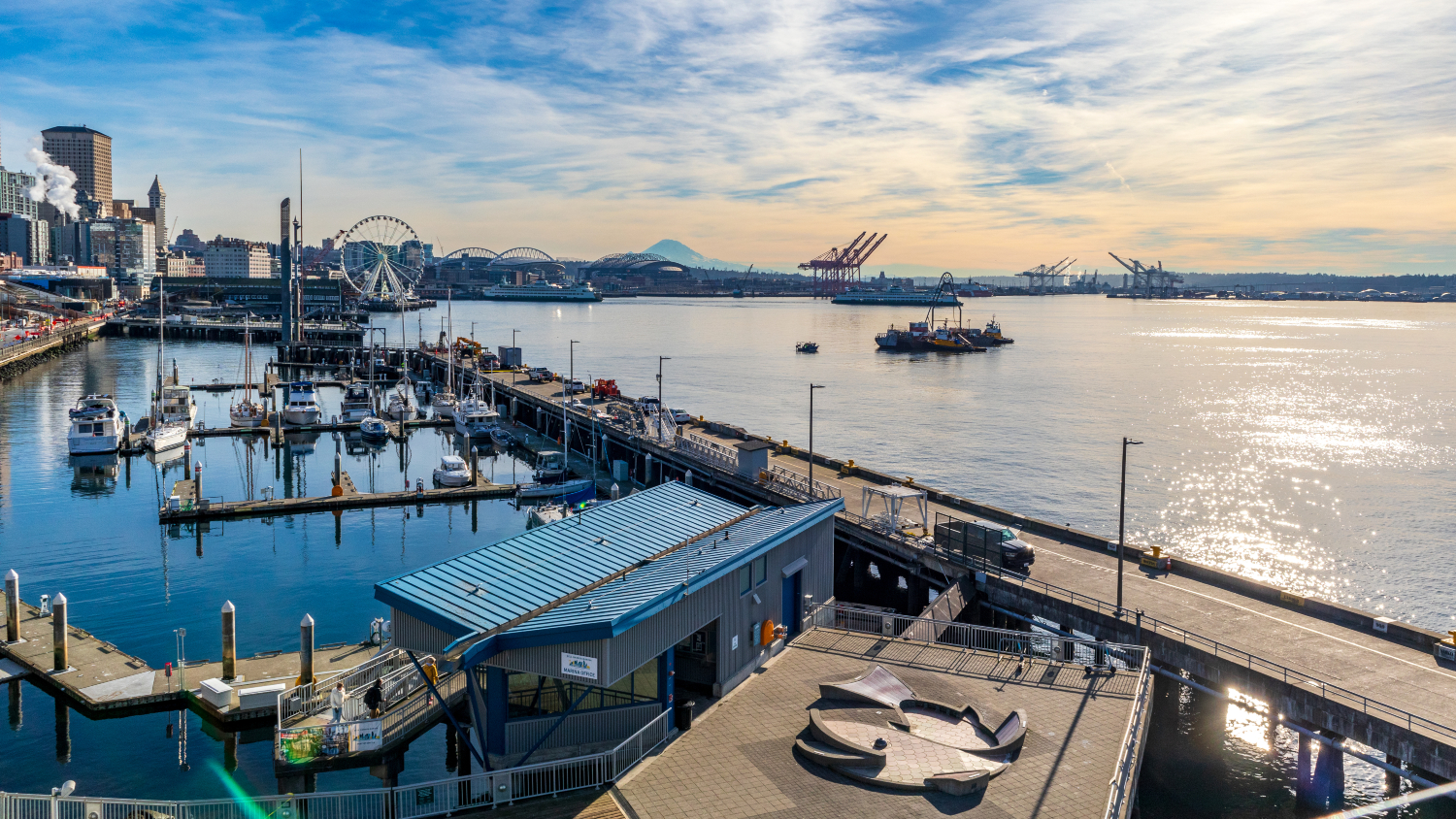Steel producers in Asia are set to face greater challenges in exporting their product as authorities around the world step up protectionist barriers related to the sector, says Fitch Ratings. Chinese steel exports are a particular focus of protectionism in other countries and face weaker demand at home, but we expect their profitability to improve in 2025 as costs fall and the government’s “anti-involution” campaign to curb unhealthy competition improves the domestic competitive landscape.
Governments around the world have been raising barriers to steel imports in recent months. The 50% US tariff on imports of steel and steel articles from 4 June 2025 is one of the most severe restrictions, but other major markets also have protections in place, such as safeguard measures in the EU that were further tightened by several adjustments between April and July 2025.
China’s steel exports are likely to remain elevated in 2H25, despite the rising protectionism, after increasing by 9% yoy in volume terms in 1H25. Producers have managed to shift the focus of sales from markets with higher anti-dumping duties, such as India, South Korea, Taiwan and Vietnam, to emerging markets in the Middle East, Indonesia, Malaysia, Pakistan and Thailand. That said, further protectionist measures could cause Chinese steel exports to be weaker than we assume – Indonesian steel industry representatives, for example, have called for further trade protections in recent months. The outlook could also be influenced by the risks to global demand posed by higher US tariffs.
Fitch projects a 5% fall in volume for overall Chinese steel production in 2025, reflecting weak consumption in the domestic property and infrastructure sectors. However, we believe profitability will improve, supported by lower raw material costs for inputs such as iron ore and metallurgical coal. Sector profits of CNY46.3 billion in 1H25 have already exceeded full-year 2024 profits.
We believe the impact on Fitch-rated steel producers of China’s anti-involution measures will generally be positive. These policies should generally benefit the larger, more cost-competitive firms that dominate our rated portfolio. Nonetheless, there is a risk that the policies could hit demand in steel-consuming sectors by more than we expect.
We believe that if industry conditions worsen globally, the Indian government is likely to extend its current 12% safeguard duty, potentially at a higher rate and for a longer duration, to support local steelmakers’ profits. India has introduced other non-tariff measures to protect domestic producers in recent months, including mandating quality-control certificates for imported steel products and prioritizing the use of domestically produced steel for government projects. The country’s steel imports fell by 16% yoy in 1H25. Barriers to steel imports should benefit domestic producers such as JSW Steel Limited (BB/Stable) and Tata Steel Limited, as we expect India’s steel consumption to grow by around 10% in the year to March 2026.
Australia is also undertaking anti-dumping investigations that could increase protection for domestic producers such as InfraBuild Australia Pty Ltd. (CCC). Infrabuild’s reported EBITDA fell 48% yoy over July 2024-March 2025 amid weak domestic demand and pressure from imports.
Source: Fitch Ratings




